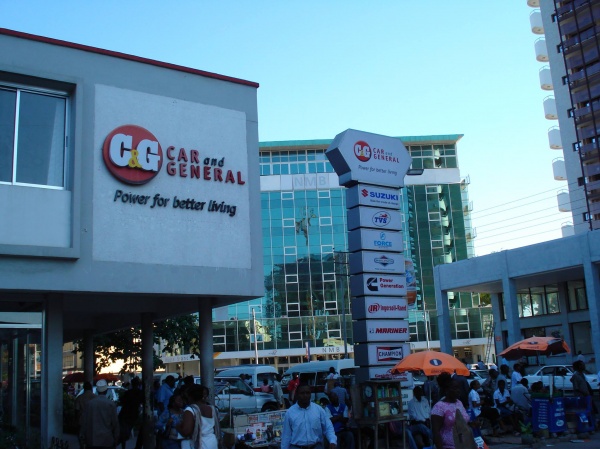Car & General’s net profit for the fiscal year that ended in September 2022 fell by 23
percent to Sh679.46 million due to rising debt servicing and goods clearance charges.
The company’s record Sh887.2 million earnings during the last comparable period,
during which it doubled dividends and awarded shareholders bonus shares for every
share they owned, caused a decline in net profit.
The company, which sells a variety of motorcycles and tuk-tuks (three-wheelers), as well
as engineering, automotive, and power generation products, claims that the decline in
profit was caused by foreign exchange losses of Sh301 million and demurrage costs of
Sh139 million associated with logistical problems.
“A variety of unanticipated obstacles, including considerable inflation, exchange rate
volatility, currency shortages, and logistic challenges,” the company said of the Russian
invasion of Ukraine in February 2022.
Due to the decline in income, the company cut the payout in half, from Sh1.60 per share,
or Sh128.33 million, to Sh0.80 per share, or Sh64.17 million.
When dividends are paid by March 23, Paul Wanderi Ndung’u, the sole shareholder
with the biggest stake (8%) would receive Sh5.13 million.
According to Car & General, logistical and motorbike localization issues caused trade
operations in Kenya and Tanzania to incur hefty storage and demurrage fees throughout
clearing processes.
According to the company’s report, it ended the fiscal year with Sh7.12 billion, of which
66 percent, or Sh4.72 billion, was denominated in dollars. This exposed it to higher
repayment expenses as the shilling continued to depreciate against the dollar.
The loan increased by 44 percent to Sh7.12 billion from Sh4.94 billion, with Sh5.12
billion being categorized as import loans. Throughout the year, the company borrowed
Sh889 million and paid back Sh1.05 billion.
Sales in Kenya decreased by 5% as a result of the Russia-Ukraine conflict and the
general election in August, although they grew by 48% abroad. 45 percent of the group’s
sales came from Uganda and Tanzania.
“In Kenya, our two-wheeler (bodaboda) business was most impacted, with volumes
falling by almost 50%. Our equipment businesses—tractor sales, construction
equipment sales, and forklift sales—all had stable and little growth, according to the
company.
Lower sales in Kenya and supply chain problems in Kenya and Tanzania had a negative
impact on its cash flow position, which led to increased levels of paid-up stock worth
Sh1.9 billion.
The company anticipates continued business uncertainties in 2023, particularly in light
of the impact of inflation and the ongoing depreciation of the Kenyan shilling.
However, the board is counting on the different business sectors—distribution of
vehicles and equipment, investment in real estate, financial services, production of
poultry and helmets—to support resilience and expansion.



